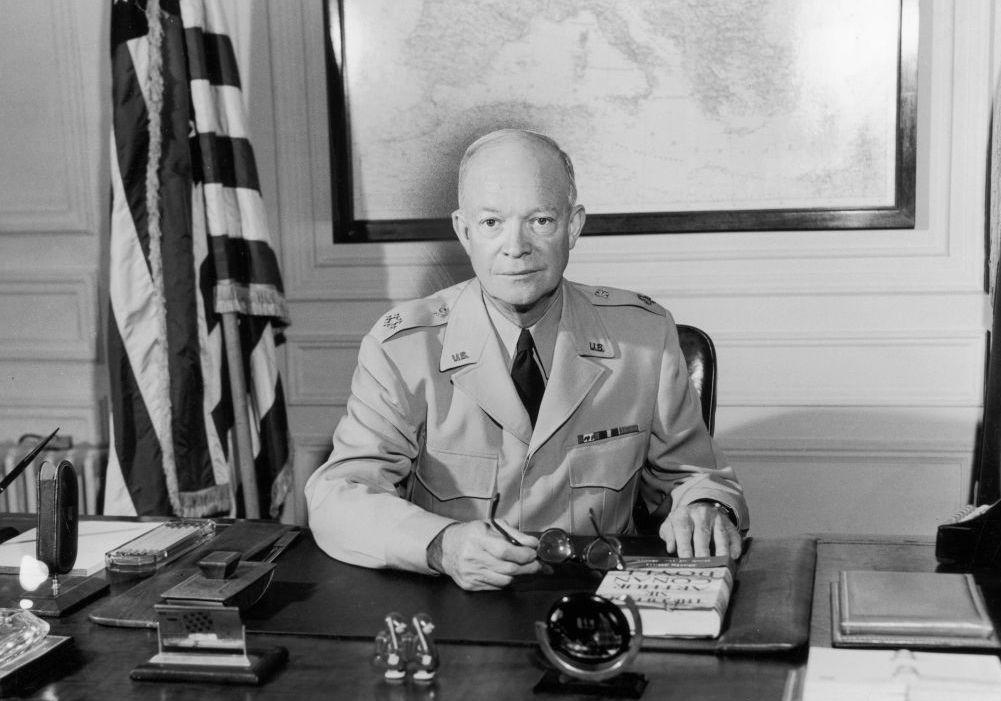Here in the Life & Tradition section of The Epoch Times, readers frequently find stories of men and women leading good, even noble, lives. These accounts of mothers and fathers, coaches and mentors, friends, and neighbors can prompt in us a desire to imitate their resolve and strength of character when confronted by our own hardships.
But what about negative examples? Certain people—parents, friends, teachers, employers, celebrities, and politicians—have the power to corrupt or debase those around them in profound ways. From the mother who day and night verbally abuses her daughter to the CEO whose weak leadership is bringing the company to ruin to the social media influencer advocating for unhealthy lifestyles, examples of how not to live or behave abound.






